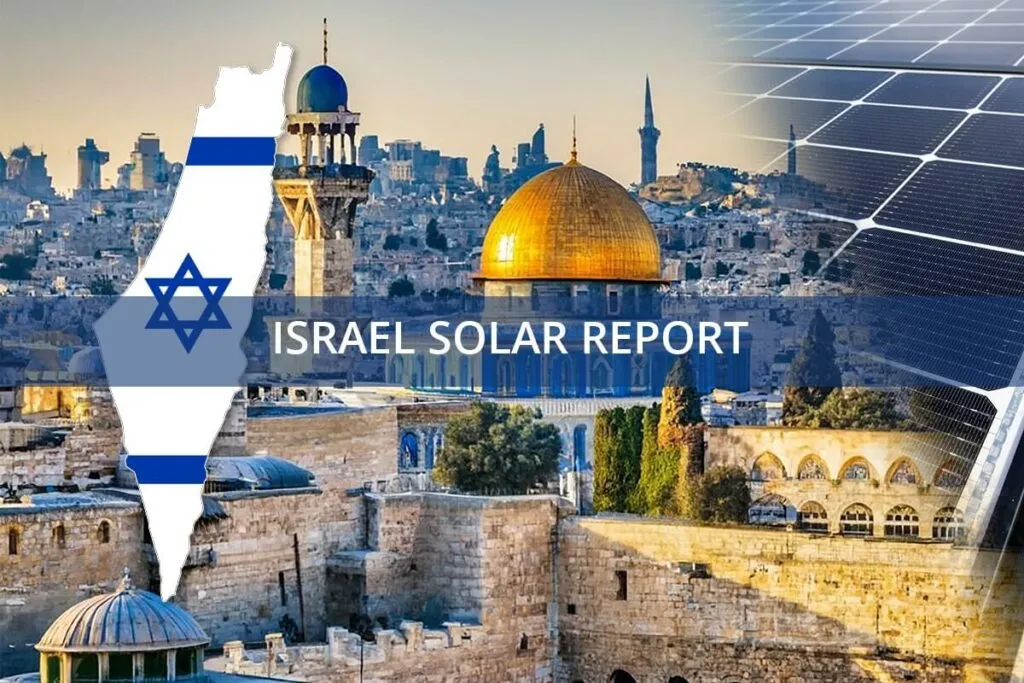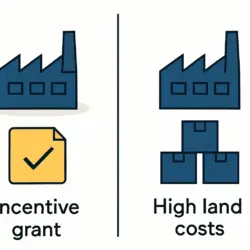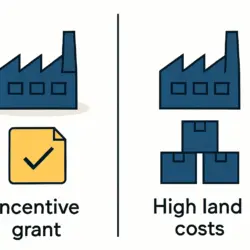Israel has approved two large-scale solar projects in the Negev Desert, set to significantly enhance the country’s solar energy capacity. The projects are part of Israel’s broader strategy to increase its reliance on solar power and complement existing energy infrastructure.
Key Details of New Negev Solar Projects
Israel’s National Planning and Building Council has approved two major solar initiatives in the Negev Desert. One project is a new 100 MW solar photovoltaic (PV) plant, while the other involves a substantial upgrade to the existing Ashalim solar thermal power facility. This approval marks a key step toward achieving Israel’s renewable energy goals and reducing its dependence on fossil fuels.
Once operational, the new 100 MW solar PV plant will significantly boost Israel’s renewable energy output.
The second initiative involves the Ashalim upgrade, which includes adding a 120 MW solar PV system designed to work in tandem with the existing solar thermal power station. This integration aims to optimize energy production and improve the facility’s overall efficiency.
Government Approval and National Energy Strategy
The approval from the National Planning and Building Council is a crucial step that enables the construction and implementation of the new solar plants. The council emphasized that these projects are vital to Israel’s long-term energy strategy, which aims to increase the share of renewables in the national energy mix.
These new solar facilities will play a pivotal role in meeting the country’s renewable energy targets, reducing greenhouse gas emissions, and diversifying energy sources to enhance security.
Ashalim Solar Plant Expansion and Impact
Initially launched in 2018, the Ashalim solar plant in Israel’s southern desert is a key part of the country’s renewable energy infrastructure. As one of the largest solar thermal power stations in the world, the facility uses a combination of solar thermal and PV technologies to generate electricity. The planned upgrade will increase the Ashalim plant’s capacity by 120 MW, further solidifying its importance in Israel’s renewable energy landscape.
The facility uses advanced solar thermal technology, with mirrors that concentrate sunlight onto a central receiver. This energy heats a fluid, which in turn generates steam to drive a turbine and produce electricity. The addition of the 120 MW PV system will complement the existing thermal infrastructure, allowing for a more balanced and reliable energy output.
Driving Israel’s Renewable Energy Goals
These initiatives align with Israel’s broader goal of increasing the share of renewables in its national energy mix. The Negev Desert, with its high solar radiation levels, is an ideal location for such projects. Their successful implementation is expected to pave the way for further investment in renewable energy infrastructure across the country.
Israel has set ambitious targets to reduce its carbon footprint and enhance energy security through renewable energy. The government has been actively promoting solar development, particularly in the sun-rich Negev Desert. This latest approval of two large-scale projects is a testament to the country’s commitment to its renewable energy goals.
The approval of these two projects marks a significant milestone for Israel’s solar energy sector and its journey toward a more sustainable future. Their successful implementation will put the country on a clear path to achieving its renewable energy targets and reducing its dependence on fossil fuels. For more comprehensive insights into Israel’s solar initiatives, you can explore the Israel Solar Panel Manufacturing | Market Insights Report.



